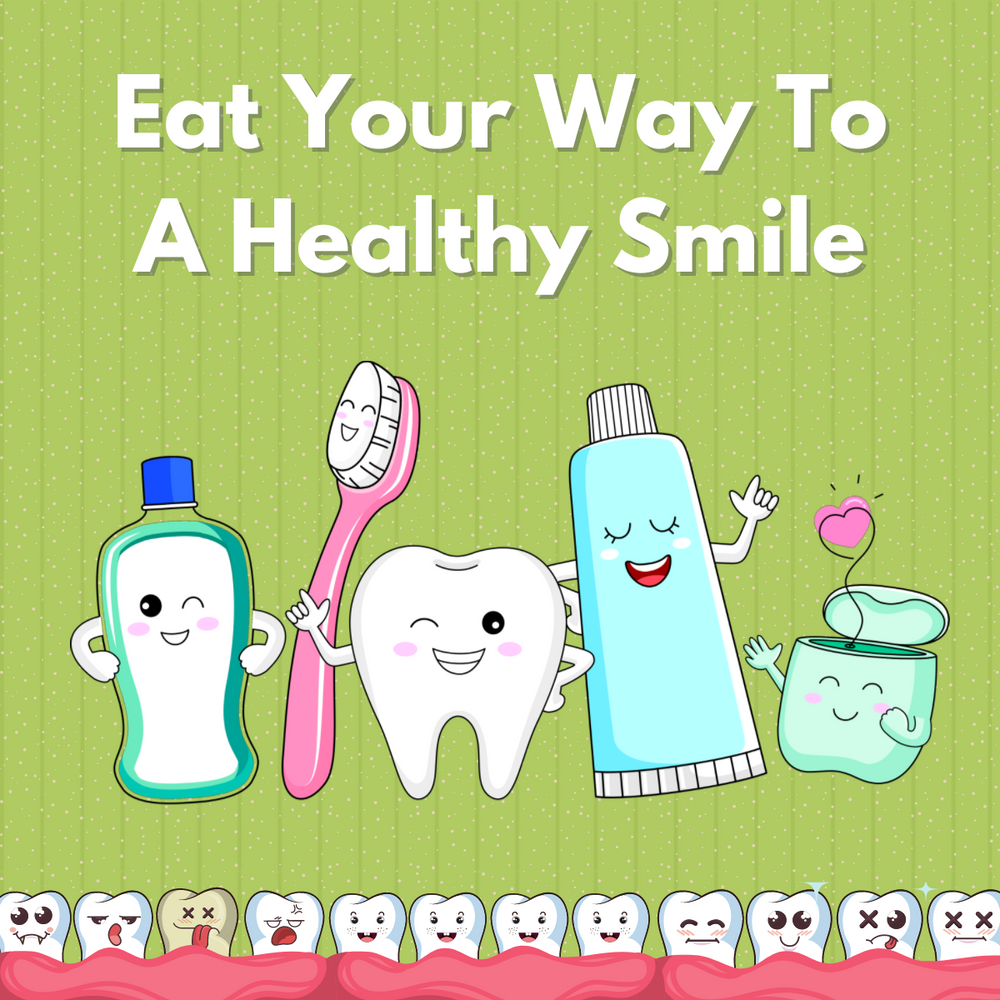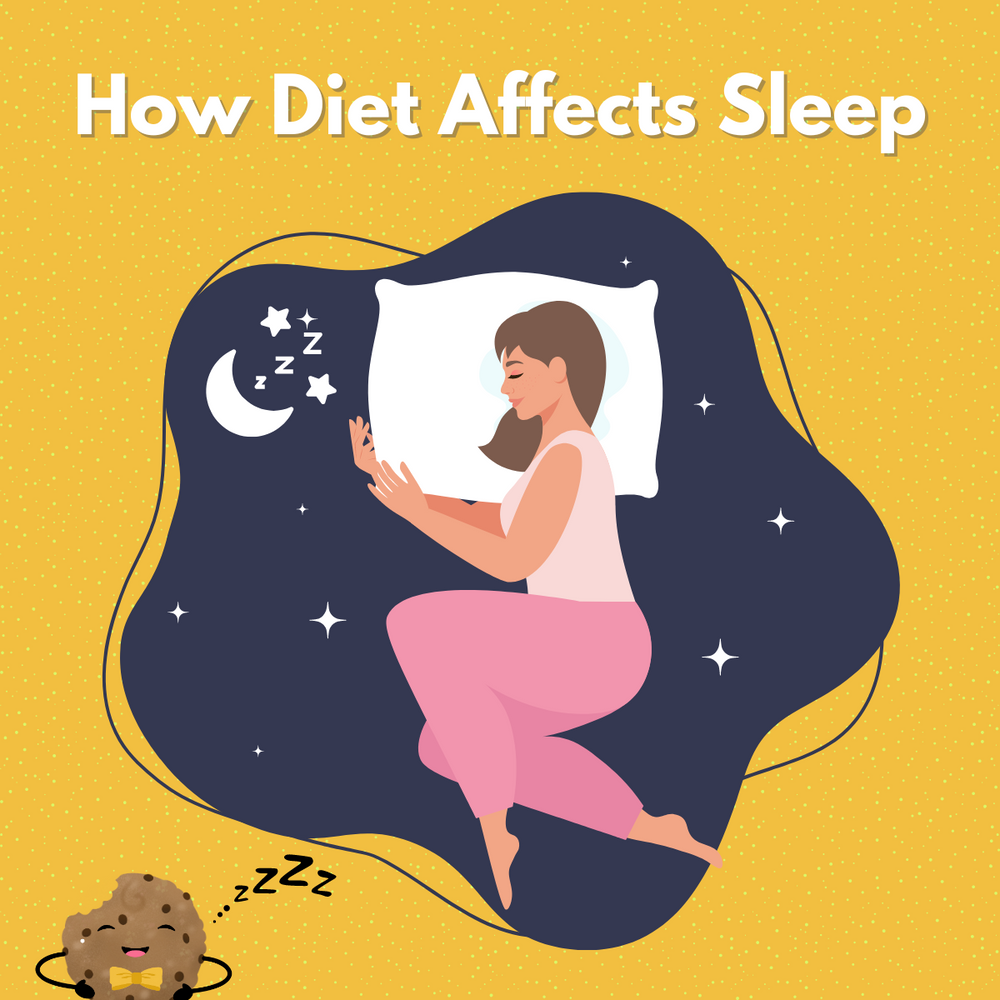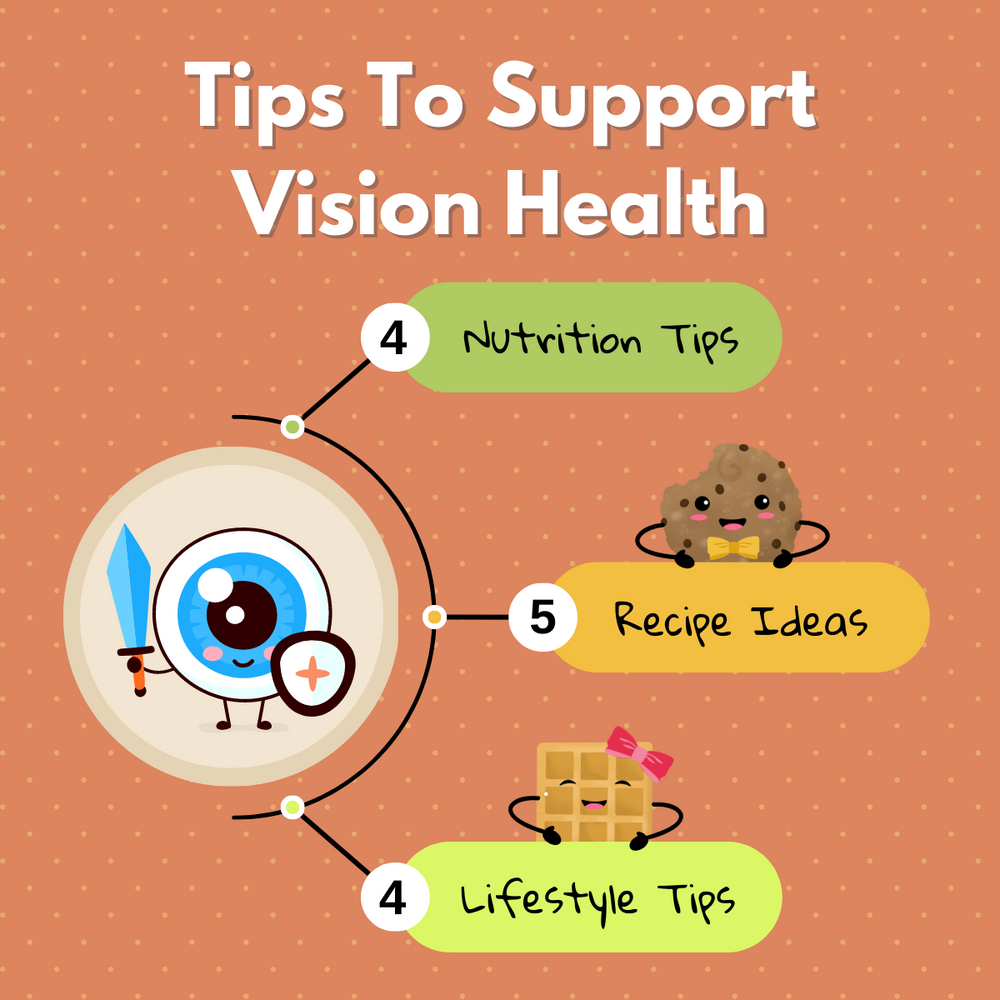Eat Your Way to A Healthy Smile and Better Oral Health

Top 5 Dietitian Approved Nutrients to Support Your Teeth and General Oral Health
April is National Oral Health Month in Canada! Did you know that the health of your teeth and gums can have a big impact on your overall health and wellbeing? Poor oral hygiene can lead to tooth decay and gum disease, where a build up of harmful bacteria and inflammation can trigger other issues in the body. It has also been linked to heart problems such as endocarditis and cardiovascular disease, respiratory problems, and increased risk of pregnancy and birth complications. The good news is, there are many things we can do to protect our oral health, including taking a closer look at your nutrition; not in a restrictive way, but an add-in and inclusive way! There are some key nutrients (and yummy foods) that can support oral health, so as Susgrainable’s dietitian, I can’t wait to dive into this topic!
But first, good oral hygiene starts with brushing your teeth twice a day with fluoride-containing toothpaste. Flossing daily is important to prevent bacteria and plaque build up around the teeth. It is also recommended to rinse your mouth at least once a day with mouth wash to remove leftover food particles. Having your oral hygiene in check (meaning, regular visits to the dentist) is a great place to start when optimizing your oral health!
Now, getting back to food! Certain nutrients in our food play an important role in supporting strong teeth and healthy gums. Let’s take a look at 5 key nutrients (and their food sources) that are essential for maintaining good oral health:
1. Probiotics
The oral cavity, similar to the gut, is home to many different types of bacteria. When there is an optimal balance of beneficial bacteria in the mouth, the chance of developing cavities and gum disease is reduced. Probiotics are health-promoting bacteria that can be consumed through food products or supplements to provide health benefits to the body, such as optimizing oral and gastrointestinal health.
So, how do probiotics help fight tooth decay and gum disease?
Probiotics may help out-number, and prevent the growth of pathogenic, cavity-causing bacteria. They may also help balance the oral ecosystem by producing protective proteins, antioxidants, and coating the oral surfaces as a defense against harmful bacteria. However, there is a need for more research to understand which probiotic strains (and in what dosage) would be most effective in the prevention and treatment of oral disease. For this reason, I recommend consuming a variety of probiotic- containing foods on a regular basis, instead of purchasing specific probiotic supplements.
Probiotic foods that contain enough living beneficial bacteria per serving will have the word “probiotic” on the label, and usually will need refrigeration. Here are some examples of probiotic foods:
- Yogurt
- Some types of cheese
- Kefir/ yogurt drinks
- Kimchi
- Sauerkraut
- Fermented soy products such as tempeh and natto
2. Calcium
This mineral has many functions in the body, including the mineralization of teeth and bones. Without enough calcium, teeth become weak, less dense and are more prone to tooth decay. While it is dairy foods such as milk, cheese, and yogurt, are rich sources of calcium, this mineral is also abundant in plant based sources as well! Here are some foods that are a good source of calcium:
- Dairy: Milk, yogurt, cheese, cottage cheese, kefir
- Leafy greens: Collard greens, spinach, kale, bok choy, beet greens
- Fortified foods: orange juice, plant-based milks, breakfast cereals
- Nuts and seeds: sesame seeds, chia seeds, almonds, tahini
- Protein foods: tofu, soybeans, white beans, black eyed peas, kidney beans, salmon canned with bones, sardines canned with bones,
3. Phosphorus
Phosphorus, similar to calcium is important for the structural development of teeth and bones. It is actually the second most abundant mineral in your body (second to calcium)! Many foods are rich sources of phosphorus making this deficiency in this mineral relatively rare. However, if you are not eating a varied diet from all food groups, or have a problem absorbing this mineral, it is possible to become deficient. The following foods are excellent sources of phosphorus:
- Dairy products like milk, yogurt and cheese
- Protein foods like eggs, meat, chicken and fish
- Nuts, seeds, beans, lentils
- Whole grain products contain much more phosphorus than those made from white flour. Some of my favorite baked goods are made with Susgrainable upcycled barley flour and mixes! Cooking/baking, soaking or sprouting whole grains actually helps make the phosphorus more absorbable for use in the body!
4. Vitamin D
Vitamin D is a key nutrient in bone and teeth health. Without enough vitamin D the body is not able to properly absorb and use minerals (like phosphorus and calcium) to mineralize teeth and bones. In Canada we are actually at higher risk of vitamin D deficiency because we have less sun exposure, so our bodies don’t get the chance to make very much vitamin D. This puts us at higher risk of bone problems like osteoporosis, and dental health issues like tooth weakening, tooth loss, and decay. Luckily, we can also get vitamin D through natural and fortified food sources as well as supplements! Some food sources of vitamin D include:
- Mushrooms exposed to UV light
- Fortified fluid milk: Cows milk or soymilk
- Egg yolks
- Salmon
It is important to also take a daily vitamin D supplement to make sure you are getting enough, especially during winter months. I recommend 400 IU for infants, 600-800 IU for children over the age of one, and 1000 IU each day for adults.
5. Vitamin C
This vitamin is essential for wound healing, skin health and collagen production. Without enough vitamin C, your immune system becomes weaker, and your teeth and gum health become vulnerable. People deficient in vitamin C often have swollen, painful gums with bleeding and inflammation, increasing risk of infection and tooth decay. Luckily, it is relatively easy to get enough Vitamin C from incorporating a variety of fruits and vegetables into your diet:
- Citrus fruits: oranges, grapefruit, tangerine, lemons and limes
- Berries: Strawberries, blueberries
- Tropical fruits: Mango, pineapple, kiwi, guava, papaya
- Vegetables: Broccoli, kale, bell peppers, brussels sprouts, kohlrabi, cauliflower
Tooth decay and gum disease are extremely common, yet preventable chronic diseases that can impact your overall health. And the good news? ADDING in foods (instead of removing them) can help the cause! Don’t forget to book your next dentist visit too!
References:




